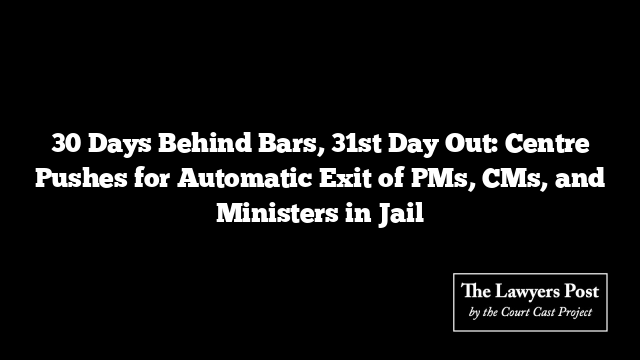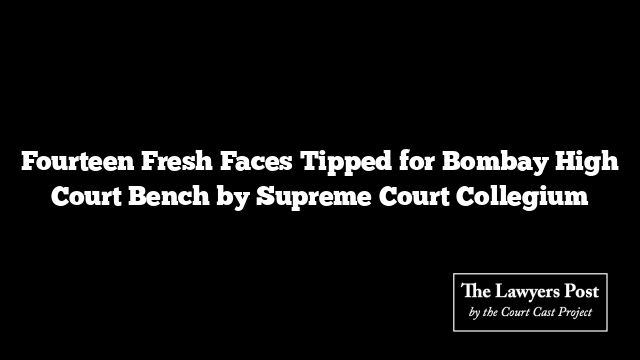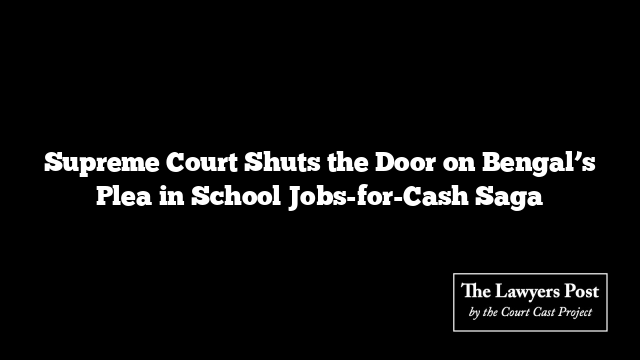The corridors of Parliament are bracing for a sweeping constitutional shake-up. The Union government is preparing to table a set of bills that would make it impossible for a Prime Minister, Chief Minister, or minister to cling to office if they remain in custody for 30 consecutive days in cases carrying at least five years’ imprisonment.
At the heart of this push lies the Constitution (130th Amendment) Bill, 2025, to be introduced in the Lok Sabha by Union Home Minister Amit Shah. Alongside it come two more proposals—specific to Jammu and Kashmir and Union Territories—designed to plug the same loophole across all governing structures.
The draft law is brutally clear:
- A Union minister, once arrested, must be removed by the President on the Prime Minister’s advice by the 31st day. If that advice doesn’t come, the minister automatically loses the post.
- For a Prime Minister, resignation must be handed in by the 31st day. Refusal means instant disqualification.
- Similar rules will apply to Chief Ministers and state ministers, enforced by Governors.
- Even Delhi’s government is brought under the net through proposed tweaks to Article 239AA.
There’s a caveat, though: once released from custody, the same individual can be reappointed.
The government’s reasoning, spelled out in the statement of objects, leans on moral ground. Ministers, it says, embody the people’s trust and must be “beyond any ray of suspicion.” Allowing a jailed leader to continue in office, even temporarily, chips away at constitutional morality and erodes public faith.
This legislative move isn’t emerging from a vacuum. It follows two high-profile sagas where leaders held on despite incarceration:
- Arvind Kejriwal, Delhi’s former Chief Minister, who spent over five months in jail in the liquor policy case and only resigned after interim bail was granted by the Supreme Court.
- V. Senthil Balaji, ex-minister in Tamil Nadu, who lingered in office despite arrest in a money laundering case, resigning only months later—and then being reinstated before yet another forced exit.
Now, the government seems intent on closing the door on such political dramas. If the bills pass, the clock will tick loudly for any minister who finds themselves in jail—30 days to decide, or the Constitution decides for them.





